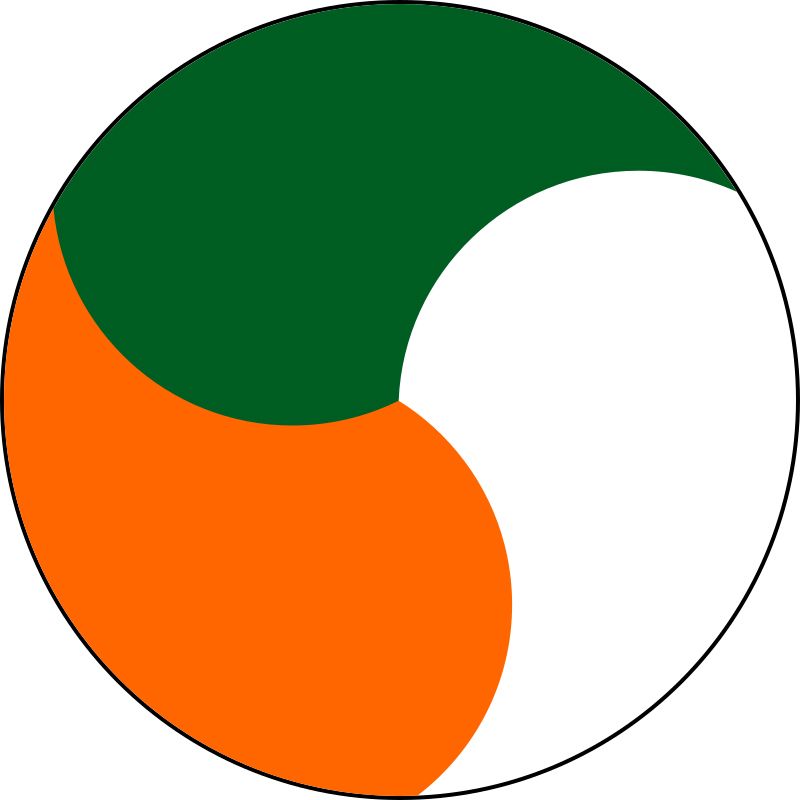With the fighting getting worse in Khartoum the Irish government had to act. But act with what? Other countries, not least the United States, were sending planes and ships to get their diplomats and citizens out of the Sudanese capital, where rival generals have been battling for the Putin of the Month prize.
There were a number of Irish citizens in Khartoum as we would expect. The Irish are to be found just about everywhere around the world these days. In countries like Sudan, they are often involved in humanitarian work.
Part of the Irish government's response was to send a team of diplomats supported by members of the army's highly trained Ranger Wing to help secure the orderly evacuation of those Irish trapped in Khartoum and wanting to flee a rapidly deteriorating situation.
Close to a hundred Irish citizens have been evacuated from Sudan in recent days. But not on an Irish plane.
"Citizens are largely being flown out of Sudan on military flights organised by friendly countries," the Irish Times reported.
Those friendly countries, according to reports, included France and Spain.
It's nice to have friends in a pinch. But it's also a good thing to be able to act unilaterally - in a pinch.
A couple of years ago we witnessed a similar multi-nation emergency evacuation operation when Kabul fell to the Taliban. At that time, Irish diplomats and Army Ranger were sent to the Afghan capital to aid the evacuation of Irish citizens.
But not on an Irish aircraft.
As RTE's Paul Cunningham wrote shortly after the evacuation mission: "As the Afghan capital fell to a Taliban lightning strike at the end of August, and the lives of Irish citizens and residents were on the line, our Government faced a major dilemma.
"Put simply: We didn't have a military plane, with long-range heavy airlift capability, which could land in Kabul and get them home. The result? Ireland had to rely on allies to do the job for us.
"In this case, France and Finland kindly allowed us to avail of their spare capacity, and 36 people were repatriated to Ireland.
"Independent TD Cathal Berry, who served 23 years in the Defence Forces, including six years in the elite Army Ranger Wing, described this situation as 'humiliating.'
"He told me: 'Ireland and tiny Malta are the only two EU countries without the capability to independently evacuate their own citizens or troops overseas. We should be net contributors to these types of operations, not freeloaders. We should be bringing solutions, not problems.'"
Cunningham posed the question: "Is it acceptable that the Irish Government does not possess the military capacity to protect its citizens in such situations?"
Ireland and "tiny" Malta.
Cathal Berry is not impressed.
"A military without such an independent airlift capability is like a farmer without a tractor or a jockey without a horse - it really is that fundamental. Ireland is constantly hitching lifts from other nations and it is starting to grate with them, causing significant reputational damage," he told Cunningham.
Ireland being militarily neutral does not mean that Ireland should be militarily toothless. And it is not, though there are clear gaps in the Republic's defense posture as illustrated repeatedly by the fact that Russian bombers can fly off the west coast with absolutely no policing by the Irish Army Air Corps.
Dublin has to rely on the Royal Air Force to shoo away the Russians if they fly too close. But that's another story.
A large military transport plane would be expensive to buy and expensive to maintain, and we could expect a lot of political argument before one is purchased.
But there is a price to be paid for what Cathal Berry described as "reputational damage."
But it could go the other way.
Ireland's reputation could be boosted if, during some other crisis in a far flung corner of the world, fleeing citizens from multiple countries were to be rescued by a big plane with green, white and orange on the fuselage.









